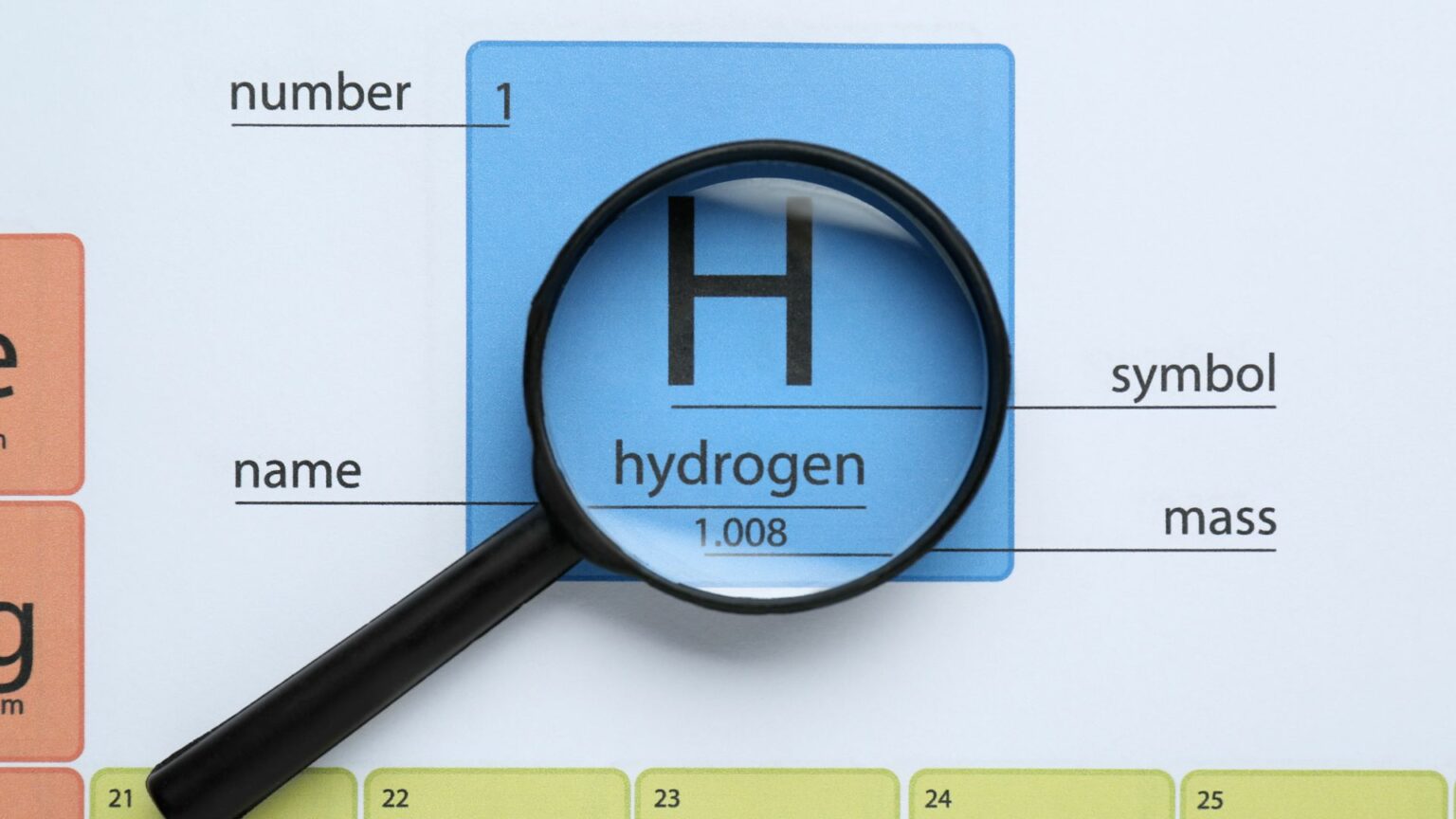Powerhouse Energy Group, a trailblazer in the field of waste-to-hydrogen conversion, has made headlines recently due to a strategic shift in its plans. The company had, in March 2023, announced its ambitious collaboration with Hydrogen Utopia International (HUI) to jointly develop a non-recyclable plastic waste-to-hydrogen facility in Longford, County Longford, Republic of Ireland—the Longford Project.
However, the company has opted to defer further progress on this project for the time being, prompting a deeper look into the reasons behind this decision and its implications. The Longford Project was conceived as a revolutionary endeavor. It aimed to address two pressing issues simultaneously: the management of non-recyclable plastic waste, which poses a significant environmental challenge, and the production of hydrogen as a clean energy source. Hydrogen, particularly when produced using eco-friendly methods, has been hailed as a potential solution to reduce carbon emissions and decarbonize various industries.
The decision to defer the Longford Project highlights the complexity and intricacies involved in pursuing a sustainable future. Powerhouse Energy Group’s board of directors has found it essential to assess the larger landscape of its ongoing projects and their potential impact on the company’s financial stability. With several projects in its pipeline, prioritization has become a key concern. Balancing environmental goals with financial prudence is a delicate act that the board must execute.
The capital contributions proposed by Powerhouse Energy (PHE) for the Longford Project have been reconsidered. It’s essential to understand that a company’s financial health is intricately linked to its ability to drive sustainability initiatives. By reevaluating the proposed contributions, PHE aims to ensure that its resources are allocated in a way that maximizes both environmental and financial benefits.
Non-Executive Chairman of PHE, Tony Garner-Hillman, weighed in on this strategic decision. He emphasized that the company’s focus on long-term sustainability and its commitment to building a robust organization guided this choice. The decision to defer the Longford Project is not a rejection of the project’s objectives but rather a reflection of the company’s responsibility to make informed, sustainable decisions.
Garner-Hillman’s statement also conveyed hope for the future. While the company’s stance may be one of deferral, the landscape of sustainability and clean energy is continually evolving. The board’s decision is influenced by the present circumstances, and the project’s fate may well change as conditions change, offering new opportunities for collaboration and environmental progress.
Powerhouse Energy Group’s recalibration of its approach to the Longford Project underscores the dynamic nature of the sustainable energy sector. Companies operating in this space must not only strive to make a positive environmental impact but also ensure that their investments align with long-term financial stability. The decisions made today shape the future of clean energy and sustainability, and Powerhouse Energy’s deliberations are emblematic of the broader challenges and opportunities in this sector.





